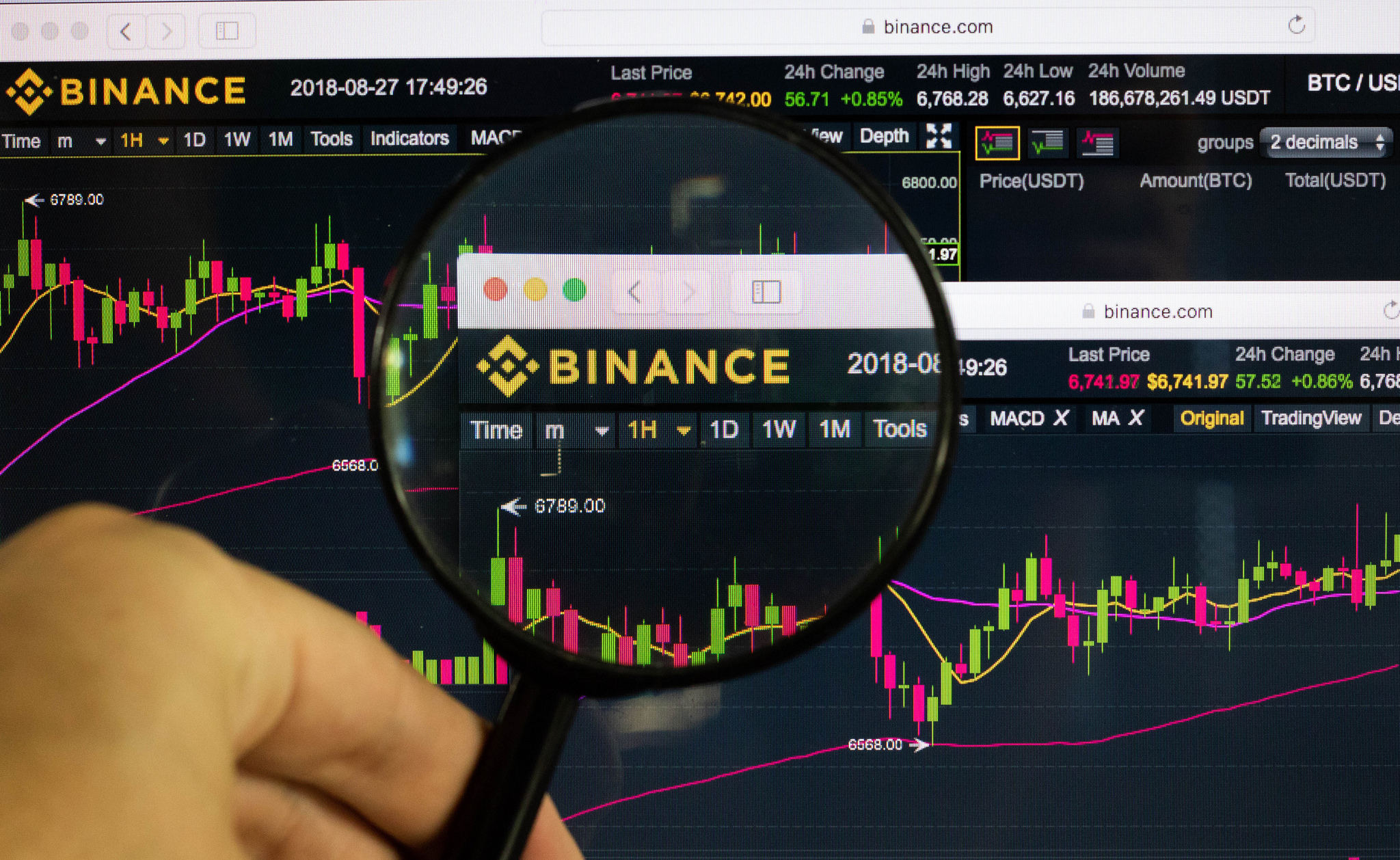It’s still 2017 for one crypto exchange

Much of the blockchain world might be feeling crypto winter’s bite, but one of the world’s most popular exchanges seems to have its own weather system. Despite the broader market downturn, Binance has continued its meteoric rise, which began during the bull market of 2017. A big reason is that the company is still acting as if the bull market never ended—particularly the craze around initial coin offerings, or ICOs. It has a new platform for running such token sales and has already used it to run three ICOs this year. Just this week, a blockchain scaling startup called Celer Network raised $4 million in under 20 minutes via the platform, called Binance Launchpad.
But Binance’s overall strategy, which seems to depend on avoiding regulatory accountability by playing a high-stakes game of cat and mouse with policymakers around the world, comes with the obvious risk that it will eventually get caught.
Binance is known to have relatively lax policies around ID checks on its users, which runs afoul of anti-money-laundering rules in the US, Western Europe, and other major economies. It also lists more than a hundred cryptocurrencies, including many obscure tokens that were distributed via ICOs similar to ones that have drawn US prosecution for sales of unregistered securities. (The Launchpad ICOs have not been available to investors in the US.)
Token sales open to regular investors, and not just wealthy people and financial institutions, have ground to a halt in many countries amid increased scrutiny from government officials that enforce investor protection laws in securities markets. But Binance doesn’t care. In addition to this week’s ICO, it has also recently hosted successful coin offerings for BitTorrent and an artificial-intelligence startup called Fetch.AI.
Regulators may also see Binance’s own coin (which has increased in value by 100% in the past four months, to become the seventh most valuable cryptocurrency) as a security. A decentralized exchange that Binance is testing is bound to concern them as well.
The exchange’s hard-charging CEO, Changpeng Zhao (or, as he’s called in the crypto-sphere, CZ), appears to believe Binance can skirt regulatory requirements by dealing only with crypto-friendly governments. First he moved the headquarters from China to Japan. Then, when regulators in Japan began to crack down on exchanges last year, Binance skedaddled to Malta, one of a number of countries that have laid out the welcome mat for crypto companies. Binance has proceeded to land a series of business deals with other crypto-friendly governments, including Bermuda, Uganda, Singapore, and Argentina.
But does this globe-trotting strategy, which has been called “regulatory arbitrage,” have a long-term future? During an investor panel last weekend at South by Southwest, Kyle Samani, co-founder of crypto hedge fund Multicoin Capital (which has invested in Binance), ventured that it might be too late for regulators to rein in the company: “You can say it’s illegal, and maybe you try and block IP addresses—that’s not clear if that will work in a meaningful way. You can fine them, [but] they make so much money, it kind of doesn’t matter. It’s unlikely that the leadership goes to jail, because they’re probably not in a country where anyone can arrest them.” Samani called Binance “the most important company in crypto.”
There’s no denying that Binance has already become influential on the world stage. But are you willing to bet that it can keep outrunning law enforcement?
Keep Reading
Most Popular
Large language models can do jaw-dropping things. But nobody knows exactly why.
And that's a problem. Figuring it out is one of the biggest scientific puzzles of our time and a crucial step towards controlling more powerful future models.
The problem with plug-in hybrids? Their drivers.
Plug-in hybrids are often sold as a transition to EVs, but new data from Europe shows we’re still underestimating the emissions they produce.
How scientists traced a mysterious covid case back to six toilets
When wastewater surveillance turns into a hunt for a single infected individual, the ethics get tricky.
Google DeepMind’s new generative model makes Super Mario–like games from scratch
Genie learns how to control games by watching hours and hours of video. It could help train next-gen robots too.
Stay connected
Get the latest updates from
MIT Technology Review
Discover special offers, top stories, upcoming events, and more.